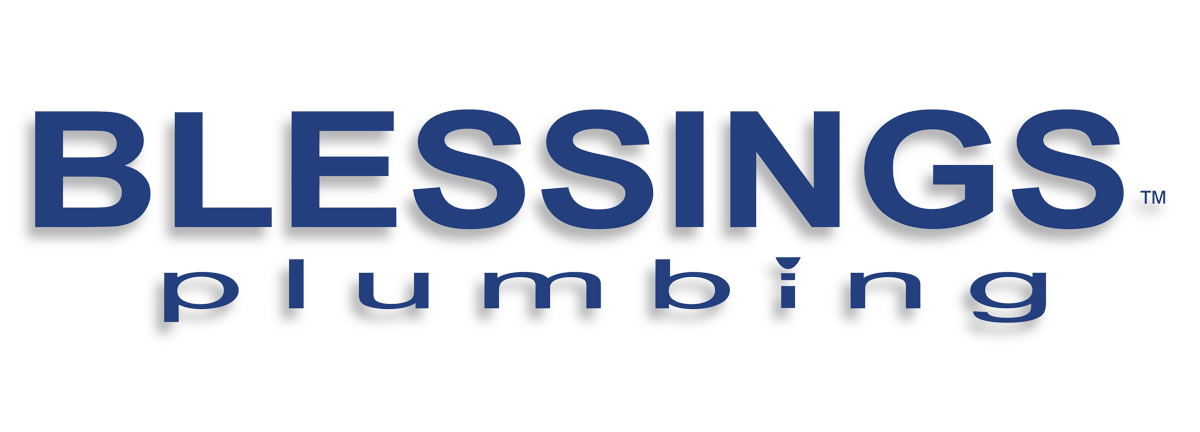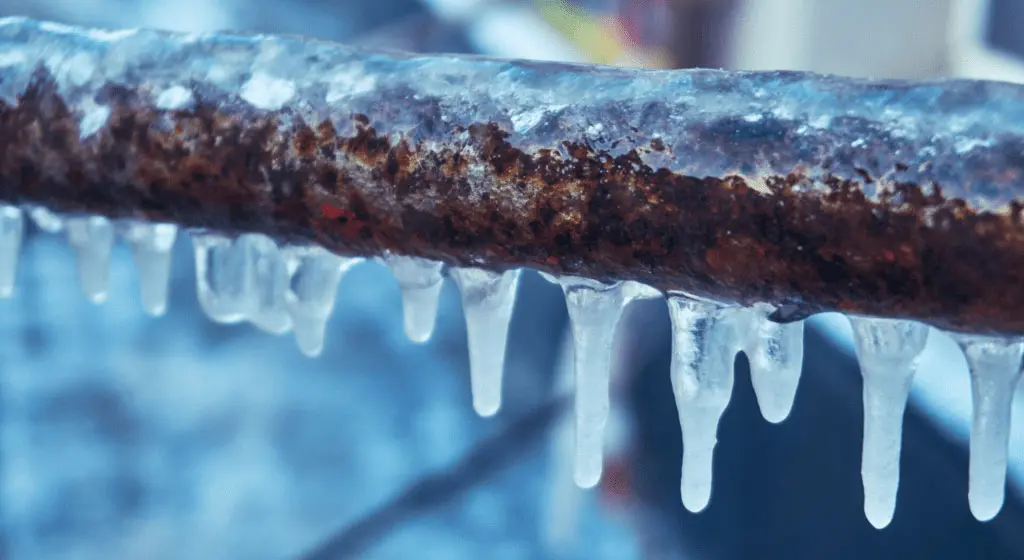Learn essential tips to winterize your home and dock pipes, prevent freezing, and avoid costly plumbing repairs during the colder months.
As winter approaches in Virginia Beach, preparing your home and your dock for colder temperatures can help prevent costly plumbing issues. Many homeowners remember to insulate indoor pipes but often forget about docks, outdoor faucets, and other vulnerable plumbing areas. By taking the time to winterize all your pipes, you’re protecting your home from frozen pipes, unexpected repairs, and plumbing emergencies.
Why Winterize Pipes?
When temperatures dip below freezing, water inside pipes can freeze, causing it to expand and potentially crack the pipe. This problem isn't limited to the outdoors. Poorly insulated indoor pipes, especially in basements, attics, or garages, are also at risk. Cracked or burst pipes lead to leaks and flooding, damaging your home’s foundation, drywall, and flooring. For outdoor areas, frozen pipes can disrupt water access to your dock, damage hoses, and affect outdoor fixtures.
Winter Plumbing Problems to Watch Out For
- Burst Pipes: Burst pipes are the most common winter plumbing issue. When pipes freeze, pressure builds up, which can lead to cracks and bursts. Even a tiny crack can release hundreds of gallons of water, causing major flooding and structural damage.
- Frozen Septic Lines: In areas with septic systems, pipes that lead from the house to the septic tank can freeze. Frozen lines prevent waste from flowing to the septic tank, leading to unpleasant backups and expensive repairs.
- Water Heater Malfunctions: As temperatures drop, your water heater has to work harder. If it’s an older unit, the strain can lead to breakdowns, leaving you with cold water when you least want it.
- Clogged Drains: In winter, fats, oils, and greases poured down the drain can solidify more quickly, leading to clogs. Cold temperatures increase the likelihood of solid blockages that require professional plumbing services to clear.
Steps to Winterize Home Pipes
- Insulate Indoor and Outdoor Pipes: Use foam insulation sleeves on any exposed pipes, especially in unheated areas like basements and crawl spaces. Proper insulation reduces the risk of freezing and helps maintain consistent water temperature.
- Drain Exterior Faucets: Shut off the water supply to outdoor faucets, then open the faucets and allow any remaining water to drain. Disconnect and store hoses to avoid ice buildup and pressure in the pipes.
- Seal Gaps and Drafts: Inspect for gaps or holes near walls, doors, and windows where cold air could reach pipes. Use caulking or weather-stripping to seal up these areas and maintain warmth.
- Run Faucets Slowly: During extreme cold snaps, running a slow trickle of water from faucets connected to exterior walls can help prevent freezing. Moving water is less likely to freeze than standing water.
How to Winterize Dock and Boat Plumbing
- Drain Dock and Boat Water Lines: Turn off the water supply to dock pipes and let them drain to the lowest point. If water remains in the line, it can freeze, expand, and cause leaks.
- Wrap Pipes with Heat Tape: Apply heat tape to dock pipes, as it provides warmth to keep the water flowing, even on freezing days. Make sure to follow safety instructions to avoid overheating.
- Remove and Store Dock Hoses: Disconnect hoses attached to dock water sources. Drain them fully, coil them up, and store them in a warm area.
- Add Dock Pipe Insulation: Use specialized insulation designed for dock plumbing, if available, to give your pipes additional protection from the cold.
Precautions to Prevent Winter Plumbing Problems
- Check Your Water Heater: Ensure your water heater is in good working condition before temperatures drop. Flush out sediment buildup, test the pressure relief valve, and inspect it for any issues. This can prevent a sudden breakdown on a cold winter day.
- Clear Gutters and Downspouts: Blocked gutters can lead to ice dams on your roof, which can cause water to back up and seep into walls and ceilings. Clear out leaves, debris, and any buildup before winter weather arrives.
- Inspect Your Sump Pump: If your home has a sump pump, make sure it’s functioning correctly. Winter storms and melting snow can lead to basement flooding, so a properly working sump pump is essential to prevent water damage.
- Monitor for Leaks: Winterizing isn’t a one-time task. Regularly check, especially on colder days, for any signs of leaks or ice buildup. If you spot frost on pipes or notice low water flow, it’s time to take action before a major problem arises.
Why Choose Blessings Plumbing?
For over 30 years, Blessings Plumbing has been Virginia Beach’s trusted plumbing provider. Our team of skilled professionals is committed to helping homeowners keep their plumbing systems running smoothly year-round. We pride ourselves on delivering quality service with respect and care for every client.
Winterizing your home and dock is essential to avoid winter plumbing disasters. If you need help or have questions, our Virginia Beach plumbers are here to assist. Contact Blessings Plumbing today or call (757) 425-7790, and let us help you get your pipes ready for winter!

